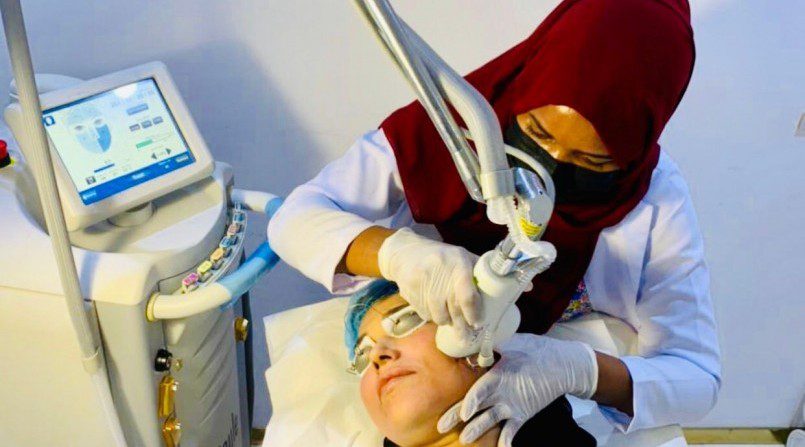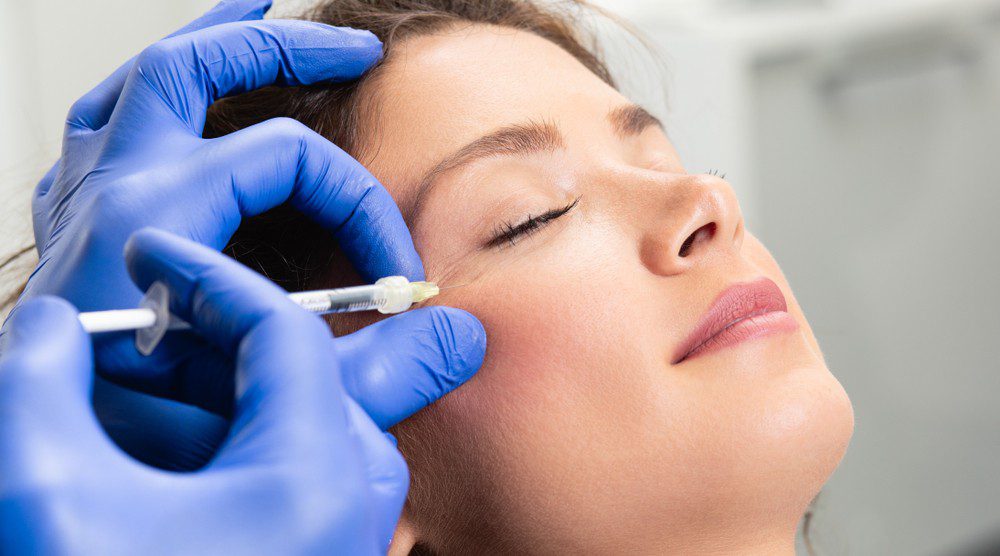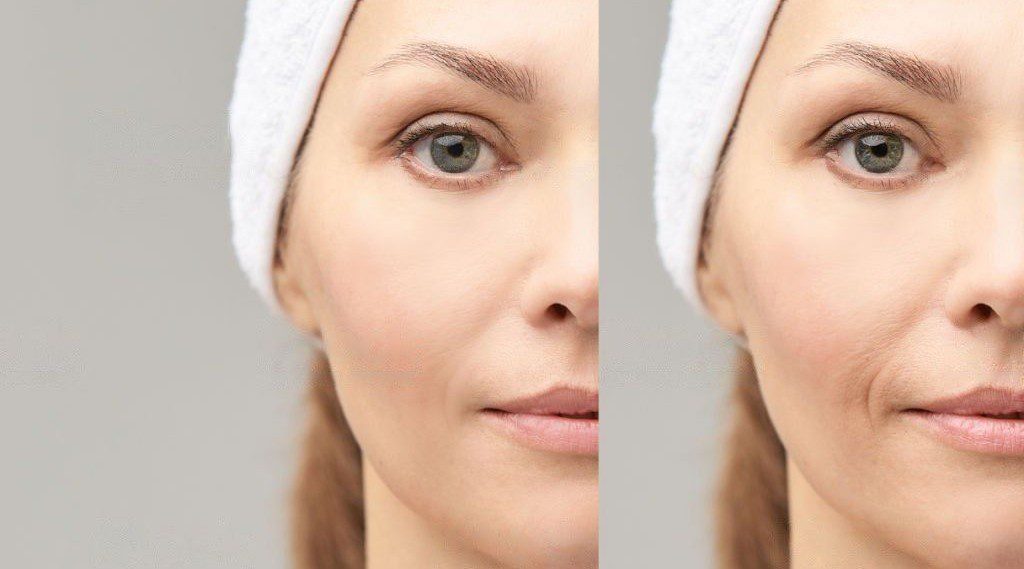STD Testing: How Does STD Testing Work?

Sexually transmitted infections (STIs), also known as STDs, are caused by bacteria, viruses, or parasites that spread through vaginal, oral, anal, or skin-to-skin contact. Many STDs show no symptoms, making STD testing essential for early detection and treatment.
What is Sexually Transmitted Diseases(STD)?
An STD test diagnoses infections by analyzing samples such as blood, urine, semen, or other secretions. Tests may detect the pathogen itself or antibodies produced against it.
At-home STD tests are also available for convenience and privacy. For specific infections like HIV, SKIN111 offers dedicated services — see the HIV test in Dubai for more information.
What is an STD Test?
A Sexually Transmitted Disease (STD) test is a diagnostic investigation used to detect the presence of pathogens that can cause STDs and STIs. These tests can analyse samples such as blood, urine, semen, and other bodily discharges. During an STD test, the sample is evaluated for the presence of the actual pathogen or antibodies produced by the body in response to an active infection.
Sexually Transmitted Infection tests are crucial for early detection and treatment, which can prevent the spread of infections and avoid serious health complications. Different types of tests are used depending on the specific STD being tested for, and it's essential to follow medical advice on the frequency and type of testing needed.
Types of STD Tests
Sexually transmitted infections (STIs), also known as sexually transmitted diseases (STDs), are primarily spread through sexual contact. However, they can also be transmitted through skin-to-skin contact, blood transfusions, sharing sexual aids or toys, and from mother to child during childbirth (vertical transmission). These infections may be caused by bacteria, viruses, or parasites.
How are STDs tested?
To accurately diagnose STDs, several types of tests are available:
Urine Tests:
Often used to detect bacterial infections such as chlamydia and gonorrhoea, urine tests look for the presence of pathogens or their genetic material in your urine.Blood Tests:
These tests identify viral and some bacterial infections—including HIV, syphilis, and hepatitis B and C—by detecting the actual pathogen or the body’s antibodies in response to infection.At SKIN111, we offer a comprehensive range of individual and combined STD tests. Our reliable panels are designed to detect the most common infections using both blood and urine samples, ensuring accurate results for effective diagnosis and treatment.
Preparing for STD Test
Test preparation varies based on the test and specimen needed. Here are some general guidelines:
- Urine Tests:
- Avoid urinating for at least one hour before your appointment.
- Provide a mid-stream sample for the most accurate results.
- Blood Tests:
- No fasting is required for most STD blood tests.
- General Preparation:
- Refrain from sexual activity for at least 24 hours before sample collection.
- Follow any specific instructions provided by your healthcare provider tailored to your symptoms or health concerns.
What happens during an STD test?
Here’s what to expect during your visit:
- Initial Assessment: Your healthcare provider will discuss your symptoms, sexual history, and any concerns you have. Sometimes, a physical examination may be necessary.
- Test Recommendation: Based on your assessment, the most suitable tests or panels will be recommended.
- Sample Collection: Depending on the infection suspected, you may need to provide a urine sample, a blood sample, or both.
- Laboratory Analysis: All samples are analysed in accredited laboratories to ensure reliable, confidential results.
- Results and Follow-up: Results are shared with you securely, either by email or in consultation. Follow-up appointments are available to discuss your results and next steps for treatment or prevention.
Who needs an STD Test?
Any sexually active person can benefit from an STD test. However, there may be instances or people for whom more frequent or specific types of tests may prove necessary.
- Sexually active individuals, especially with new or multiple partners
- Anyone experiencing symptoms like unusual discharge or genital sores
- People diagnosed with an STI or whose partner has tested positive
- Pregnant individuals or those planning pregnancy
- People with previous STIs or living in high-prevalence areas
Read more about STD symptoms here.
What to expect from your doctor after an STD test?
Once your STD/STI test is complete, your healthcare provider will review the results and advise you on the next steps based on your preferences. At SKIN111, test results are typically shared via email, and if any clarification is needed, our medical team is available to assist you—either online or in person.
If your results are positive, your doctor will clearly explain the type of infection and recommend the appropriate treatment plan.
- Bacterial STDs such as gonorrhoea or chlamydia are treated with prescribed antibiotics.
- Viral STDs, like herpes or HIV, are managed with antiviral medications.
In some cases, additional follow-ups or investigations may be advised to monitor your condition or confirm the effectiveness of the treatment.
It is also important to inform any recent sexual partners so they can get tested and treated if necessary—helping prevent the further spread of infection. As always, prevention is the best cure.
For in-depth guides on specific conditions, explore:
- Gonorrhoea: Symptoms, Causes & Treatment
- Syphilis: Everything You Need to Know
- Chlamydia: Causes, Symptoms, Diagnosis & Treatment
Where to find STD testing?
STD testing is available at clinics, sexual health centers, and through at-home services. When choosing a provider, ensure they use accredited laboratories and offer strict confidentiality, comprehensive care, and reliable results. SKIN111 is recognized for its award-winning service, accredited lab standards, and flexible options—whether in-clinic or in the comfort of your home, hotel, or office.
Advantages/benefits of STD/STI testing at home
- Comfort and convenience.
- Privacy and confidentiality.
- No stress - have your concerns discussed effortlessly.
- Peace of mind.
- Flexible scheduling.
- Quick response.
- Excellent aftercare.
- Accessibility and availability around the clock.
What to Do if You Suspect an STD
If you think you may have an STD, early action is critical:
- Stay Calm:
Most STDs are treatable, and early action prevents complications. - Abstain from Sexual Activity:
Prevent possible spread until you are diagnosed and treated. - Seek Medical Attention:
Schedule a professional consultation for appropriate testing—available in-clinic or at home through SKIN111. - Inform Your Partners:
Let your partner(s) know about your concerns so they can also get tested. -
Follow Treatment Plans:
Take all medications as prescribed and attend follow-up appointments to confirm the infection is cleared.
Prompt, responsible action protects your health and those around you.
Can a Urine Test Detect STDs?
Yes, urine samples are commonly used to detect certain STDs, especially chlamydia and gonorrhea. Advanced tests, including Polymerase Chain Reaction (PCR), can identify the DNA or RNA of various bacteria, viruses, or parasites with high accuracy. However, some infections require blood tests or other types of sample collection for accurate diagnosis. Your doctor will recommend the most suitable tests based on your symptoms and health history.
Conclusion
Sexually transmitted infections are common and can affect anyone. Regular screening, early diagnosis, and prompt treatment are vital aspects of sexual health. At SKIN111, we help you take charge of your well-being with trusted, comprehensive, and confidential STD testing and care.
Prevention and informed action are your best defense. By staying proactive and following expert medical guidance, you protect yourself and those you care for.
If you have any concerns or wish to schedule an appointment, our team at SKIN111 is always here to support your health and peace of mind.
Most Popular:
-

Sciton HALO vs Sciton BBL
Read More »September 20, 2022 -

What is profhilo, and how is it different from fillers?
Read More »September 20, 2022 -

Body contour solutions from SKIN111
Read More »September 20, 2022 -

Does IV GLUTATHIONE therapy work
Read More »September 20, 2022 -

How can an IV drip help you boost your energy
Read More »September 20, 2022